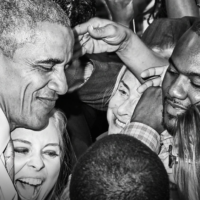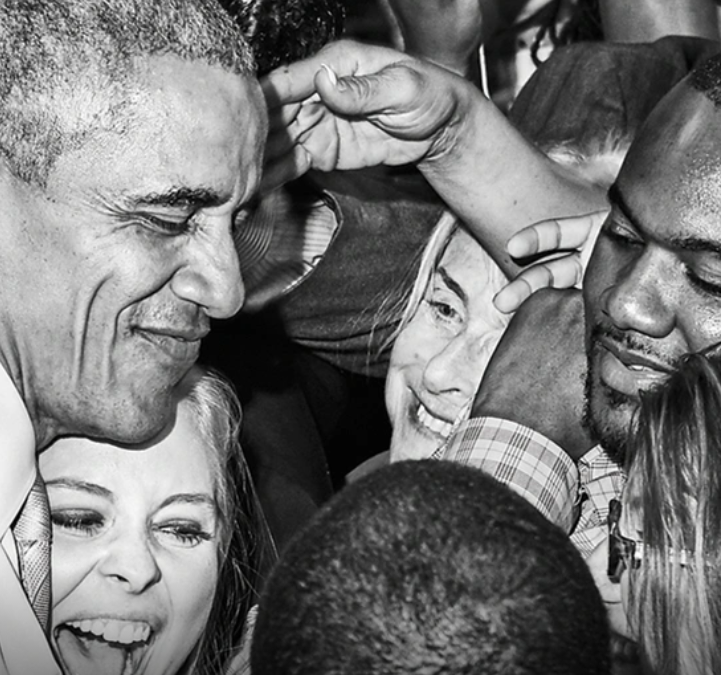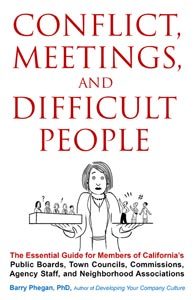What do social issues have to do with 70 and Older?
 My Answer: Social issues are important to me, and I’m over 70!
My Answer: Social issues are important to me, and I’m over 70!
Furthermore, making a contribution, a desire to give back, is human. Some of us oldies want to share a little wisdom and insights to hopefully improve our collective struggle towards “a more perfect union.”
Since I can remember, systems have fascinated me — how things work, how they fit together. No wonder my favorite books as a child were encyclopedias.
Amidst the endless forums and people exploring current issues, here, in this blog, I aim to infuse my reflections with this systems perspective. While my part-time reflections might look insignificant, they matter to me. Each of us matters and needs to find ways to contribute that are meaningful to us.
There it is, and here we go again!
Managing our Discomfort with Inclusion
Especially current is our nation’s struggle with police behavior, Black Lives Matter, inequality, inequity, inclusion, and the political polarization around these issues. My struggles to understand it all naturally flows into these blog posts. They feel as much a part of who I am as the love and intimacy I experience with family and friends.
Collectively we are trying to grapple with massive social change, but we aren’t very good at it yet. A few examples:
- We want housing equality, but we don’t want “those people” next door, so we restrict the construction of public or affordable housing. And if “those others” do come, we pull up stakes, take a loss, and move to the suburbs — “White Flight”.
- We want to maintain open borders, especially to people who are in danger, or who have special skills, but when we can’t find a well-paying job ourselves, we blame immigrants and build a border wall.
- We want equal access to education, but not if this means large changes in my local school’s ethnic or racial mix, bussing my child, or the elimination of elite or college prep schools.
- We believe in voting but will block certain people if that betters my chances of winning an election.
The struggle with democracy is mostly about managing our discomfort with democratization, with inclusion.
So, how do we bring those, never fully invited, into the room? And if we do that, how do we retain a grip on who we are? My daughter uses a tongue-in-cheek phrase to keep humility and humor around this ongoing dynamic:
“How can I be me while you’re being you?!”
Those excluded, though much talked about, have the least status. Status is not as easy to talk about as the more visible race or gender. It is similarly difficult to discuss power and authority. Though we are never truly “ready”, effective progress with democracy requires changes in social norms, changes that must bubble up from the currently undesirable.
Asking questions of others about their class, status, and inclusion means also asking those same questions of ourselves. That’s awfully difficult and reminds us that we are not done with our own personal change. Is there no rest?
Democracy is Tough
Truth is, realizing idealized social change and progress with democracy is not for the weak. Consciously or unconsciously, it’s threatening. We are social animals with a highly developed sense of group identity and inclusion, class, and status; though we often profess otherwise (“I don’t discriminate!”). A perceived loss of status — such as we imagine we face from true democratization — is more stressful than financial loss. It may bring a significant decline in health. These threats make us vulnerable, defensive, and conservative — “Not in my backyard!”
So, how do I accept social change if I believe (true or not) that it undermines who I am?
Democratization means rethinking concepts such as “smart”, “bright”, “merit”, or “deserve”. Each is defined by, and are gateways into, the privileged group. Self-designed entry passes have deep roots. For example, our landowner-white-male founding fathers had a clear definition of voter eligibility — a white, landowning male. Universities are currently rethinking the excessive discrimination of the SAT or high school GPA. These are difficult but necessary discussions.
Branding Winners and Losers
Necessary because defining who is in and who is out also defines who can succeed and who cannot. As Tressie McMillan Cottom reminds us, “When people cannot believe in you or imagine in you, you can’t be who you are. You can do all the right things and it still won’t work out.”
While college entry requirements and job descriptions are notoriously exclusive, the more insidious and pervasive areas are culturally built into us. Preconceptions about race, class, sex, beauty, occupation, and ethnicity assign swaths of the population to success — or relegate them to the trashcan.
What I want for my grandchildren, I want for the world. To get that I may have to give some things up, but our collective gain, any my pleasure from that, would more than compensate.
Thank you for reading.
me, Barry Phegan
Add Your Name below to my list to know when I have posted a new blog.





